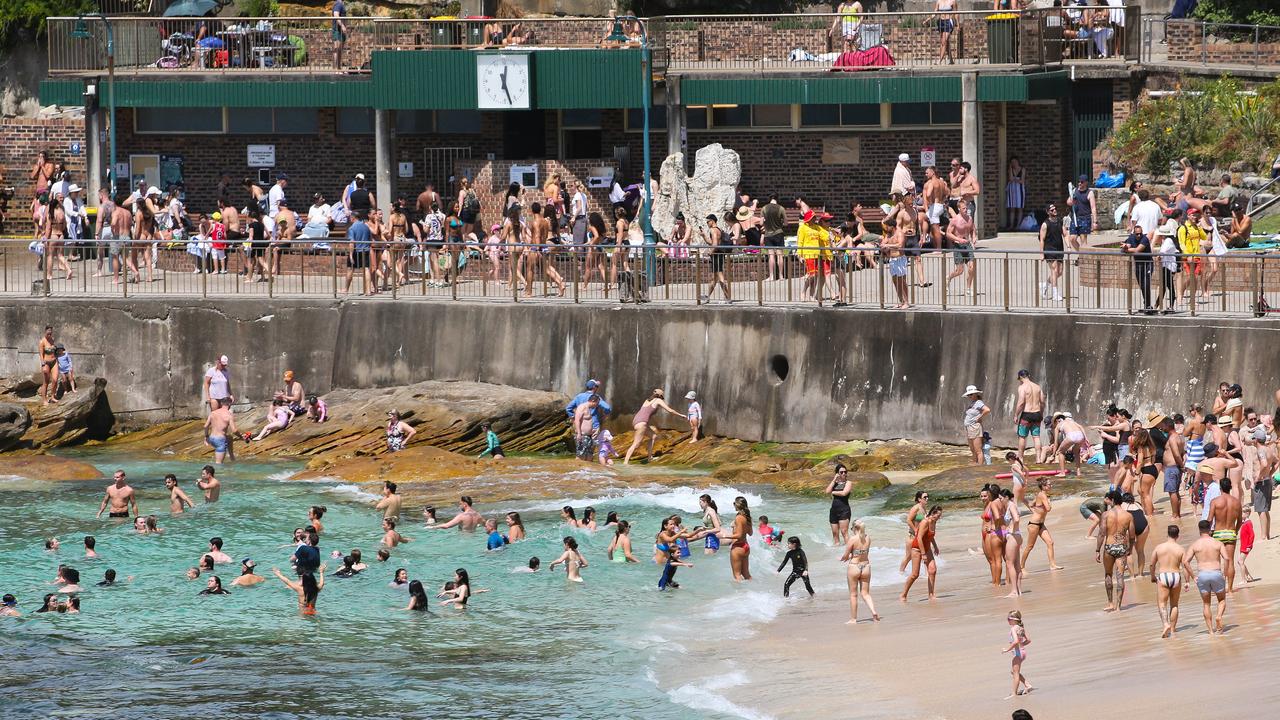Rise of ‘tourism-phobia’ a warning to Australians flocking to Europe for a Euro-summer
Are you one of the many Australians thinking about having a “Euro-summer” this year? You might want to reconsider.
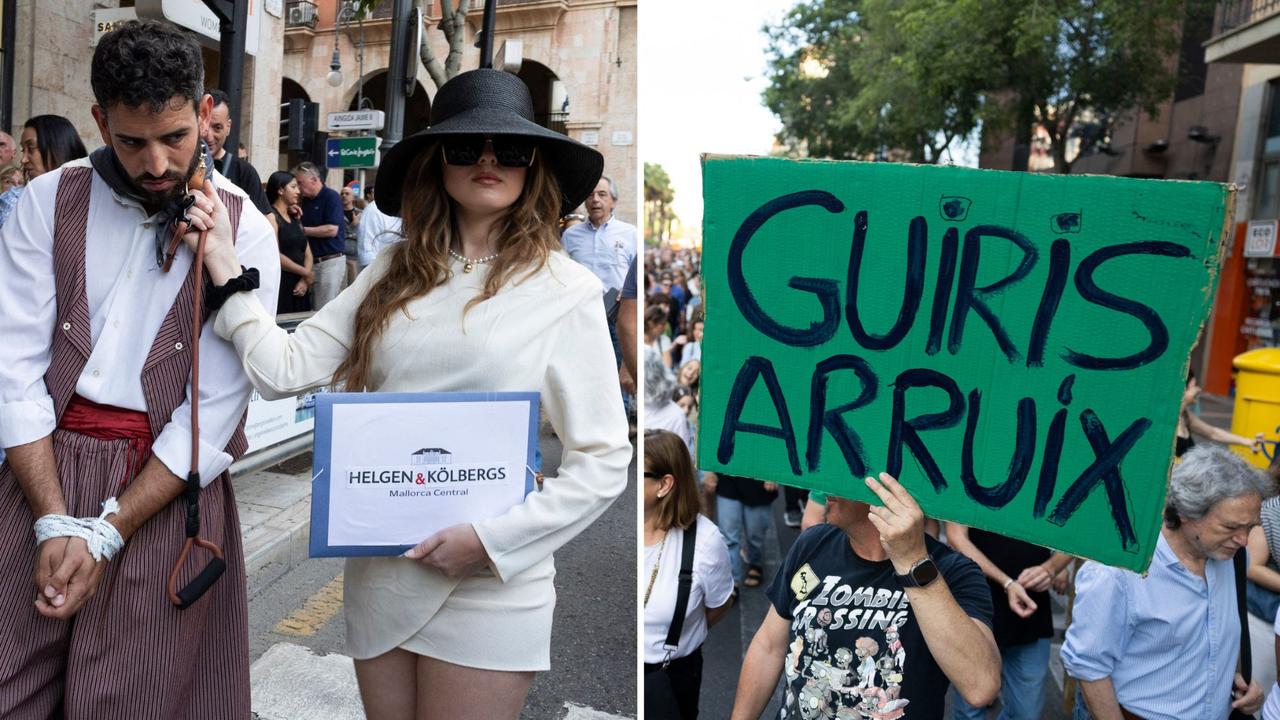
Considering a “Euro-summer” this year? Maybe have another think about it.
Since the easing of pandemic travel restrictions, Europe has experienced an unprecedented surge in tourism.
Many locals are voicing their frustration, as evidenced by declarations across Europe, including, “tourists go home”, “foreigners out”, and “not for sale”.
Anti-tourism protests are becoming more common, driven by anger over “bad tourists”, short-term rentals, and the “touristification of daily life”, the ABC reports.
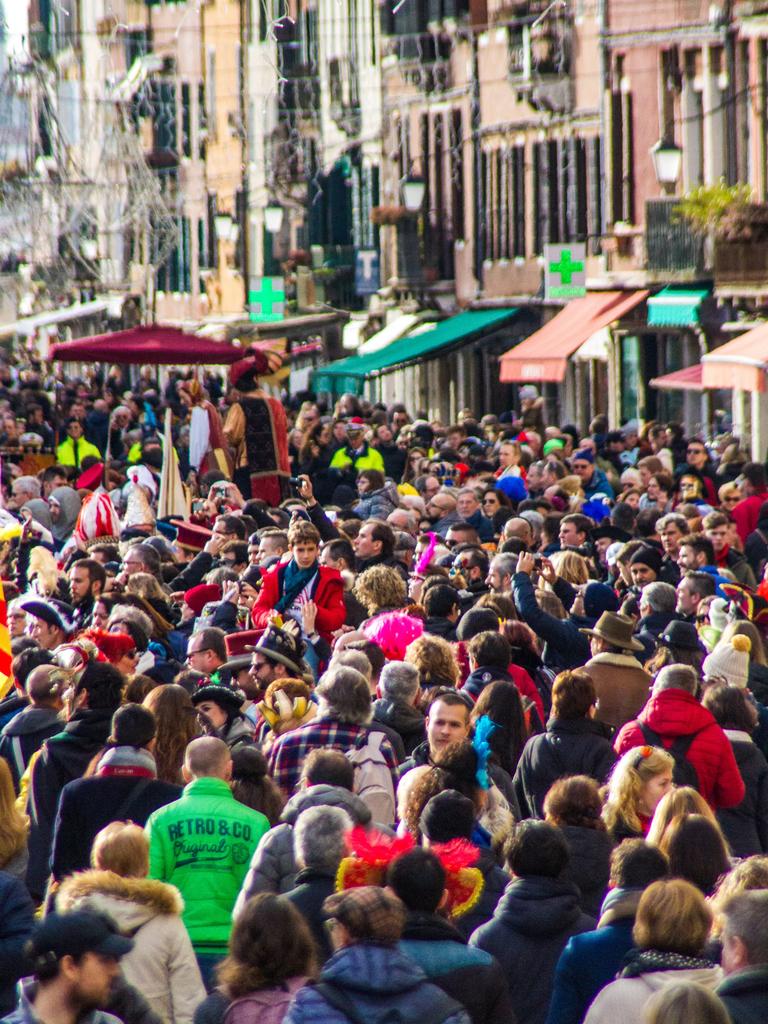
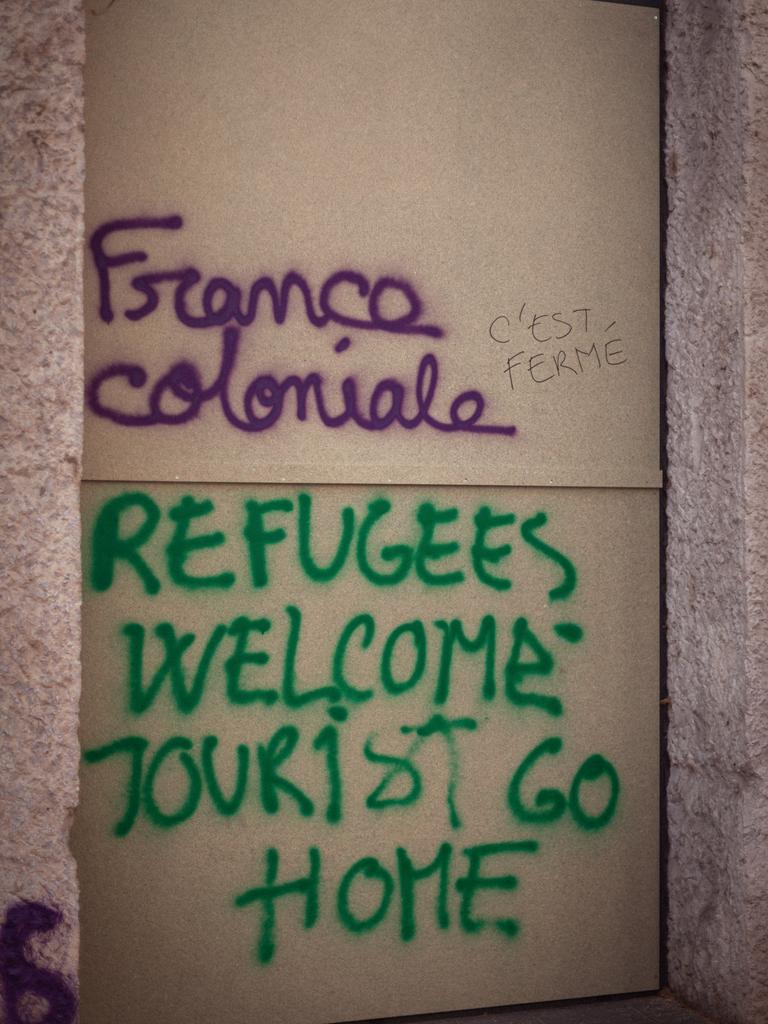
Experts and locals warn that the current rate of tourism is unsustainable and that Aussies should reconsider their travel habits to avoid exacerbating the issue.
Australians return to travel in record numbers
In 2023, nearly 10 million Australians returned from short-term overseas trips, more than doubling the previous year’s numbers according to the Australian Bureau of Statistics (ABS). June saw an especially high volume of travel, surpassing even December figures.
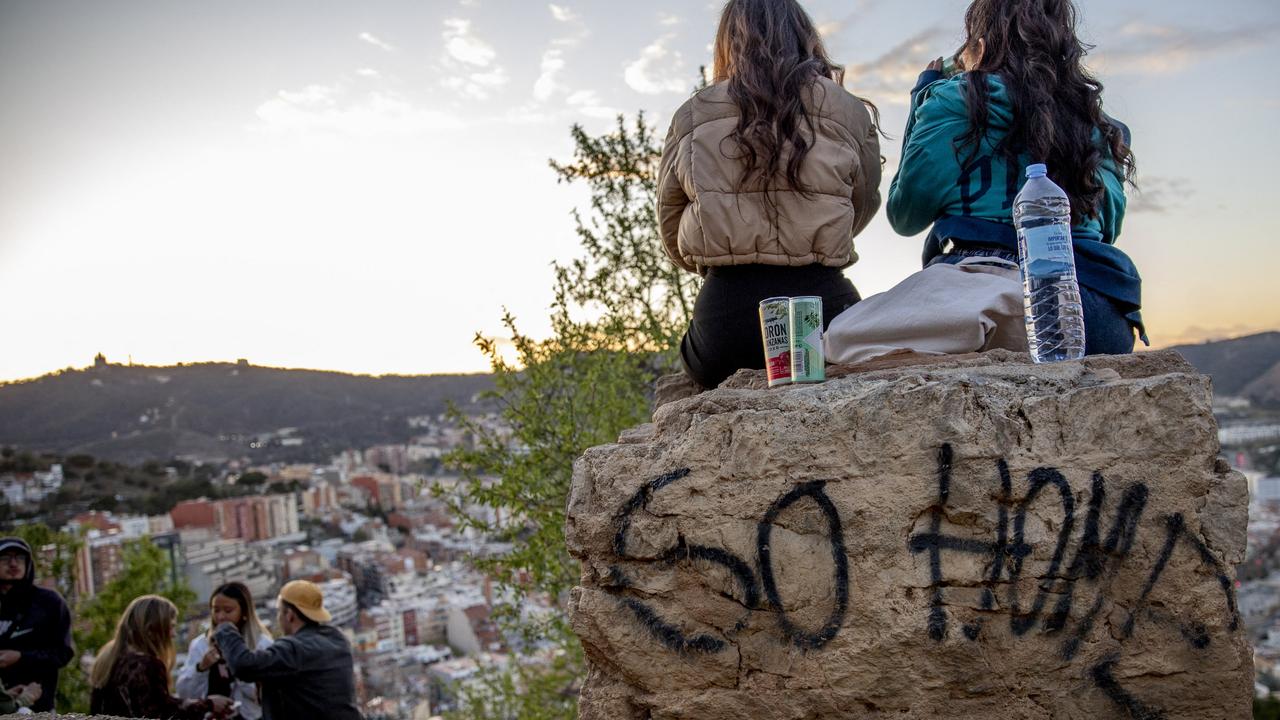
Claudio Milano from the University of Barcelona’s Department of Social Anthropology told the ABC that many popular destinations are facing an “over-tourism crisis,” leading to a resurgence of “tourism-phobia.”
“There’s no problem having tourists in the city, the problem is to have only tourists in the city,” Professor Milano explained.
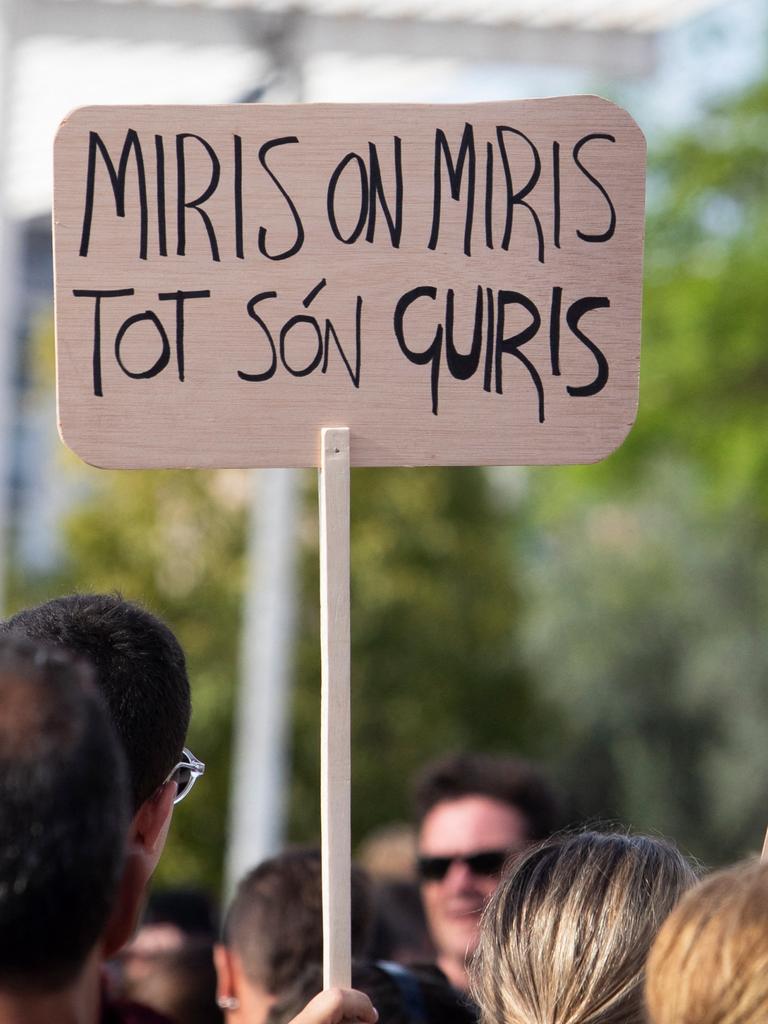
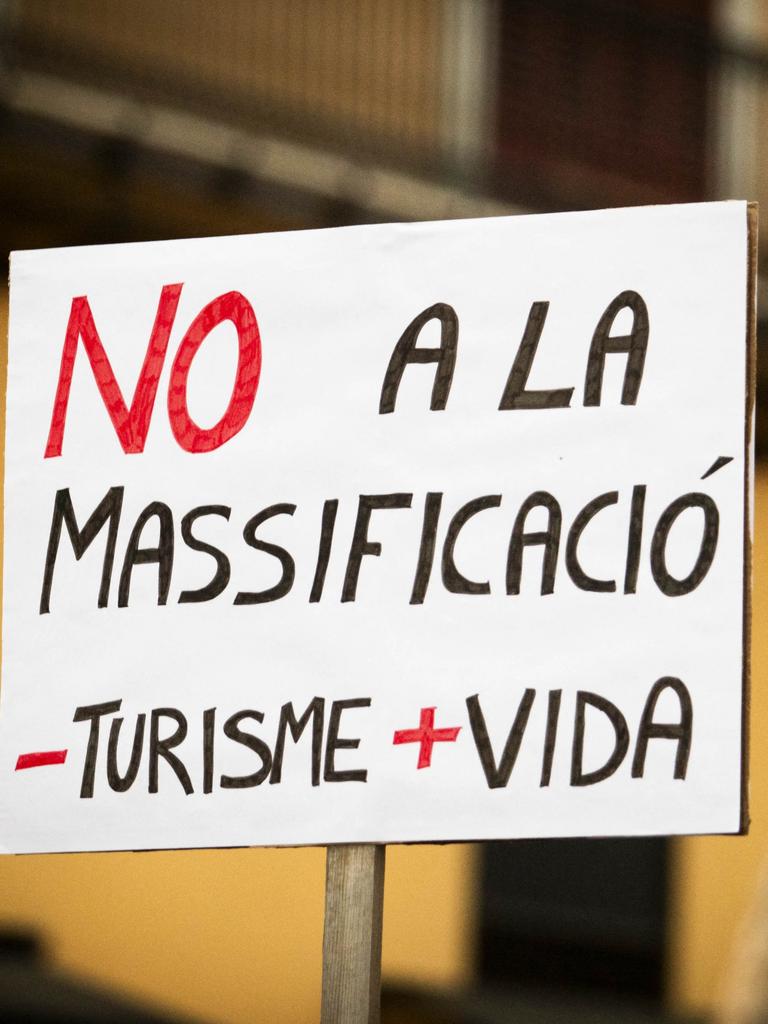
The term “tourism-phobia” first emerged around the 2008 financial crisis, when locals blamed tourists for their declining quality of life.
With the post-pandemic influx, social unrest and rejection of tourism have surged once again. Housing crises and the proliferation of Airbnb rentals are exacerbating tensions.
In 2024, Europe’s foreign tourist arrivals have already surpassed 2019 levels. The continent is also preparing for two major sporting events — the Paris Olympics and the UEFA European Football Championship in Germany.
Paris alone expects 15.3 million visitors during the Olympics, sparking protests and strikes from locals concerned about the social impact on their city.
‘The Spanish Mykonos’ battles over-tourism
Each year, almost 800,000 tourists visit Binibeca Vell, a tiny village in Menorca dubbed “the Spanish Mykonos” for its picturesque resemblance to the famous Greek island.
For its 200 residents, this influx is overwhelming.
Oscar Monge, who runs a local residents’ association, told AFP last month of his desire for the village “to be calmer”.
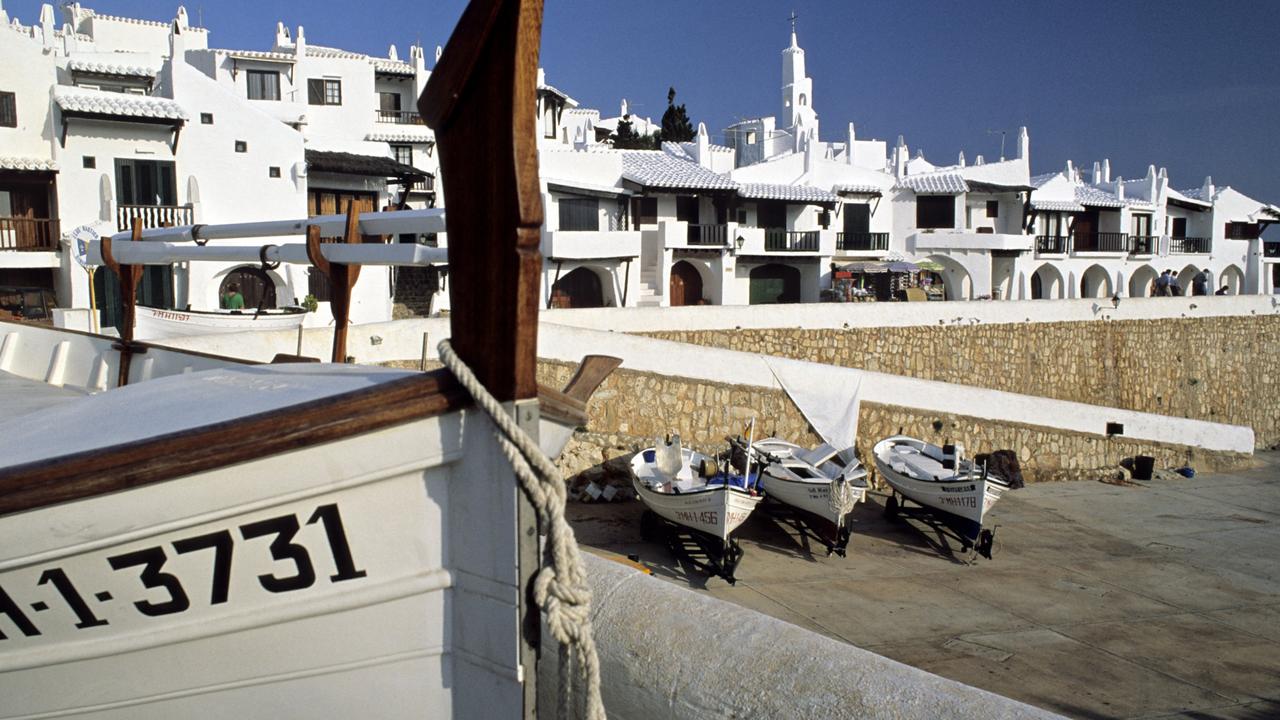
While the village’s charm draws tourists, locals are frustrated by their behaviour.
“Everyone wants to come here to have their picture taken,” Monge said.
Signs asking visitors to be “respectful” and “quiet” are posted throughout the village, addressing issues like tourists walking on walls and rooftops or entering private homes.
‘Negative social aspect’
To combat over-tourism, Binibeca Vell residents have restricted visitor access to certain hours and are considering a total ban.
However, this has sparked debate. Maria Neyla Ramirez, who runs a local restaurant, worries about the impact on businesses, advocating for “a bit of flexibility.”
Despite these measures, tourists like Jean-Marie Bassut from France still wish to visit.
“For the people who live here, it’s special. But that’s tourism ... we like to see beautiful things,” he told AFP.
Monge believes a balance is possible but insists on regulation to prevent unchecked busloads of tourists. Last year, a record 17.8 million people visited the Balearic Islands, and numbers are expected to rise.
Regional leader Marga Prohens of the right-wing Popular Party (PP) emphasised the need to consider tourism’s “negative social impact” to make it compatible with residents’ lives.
‘Not for sale’
In late May, millions of residents across Mallorca, Menorca, and Ibiza protested under the slogan: “Our islands are not for sale,” calling for limits on over-tourism.
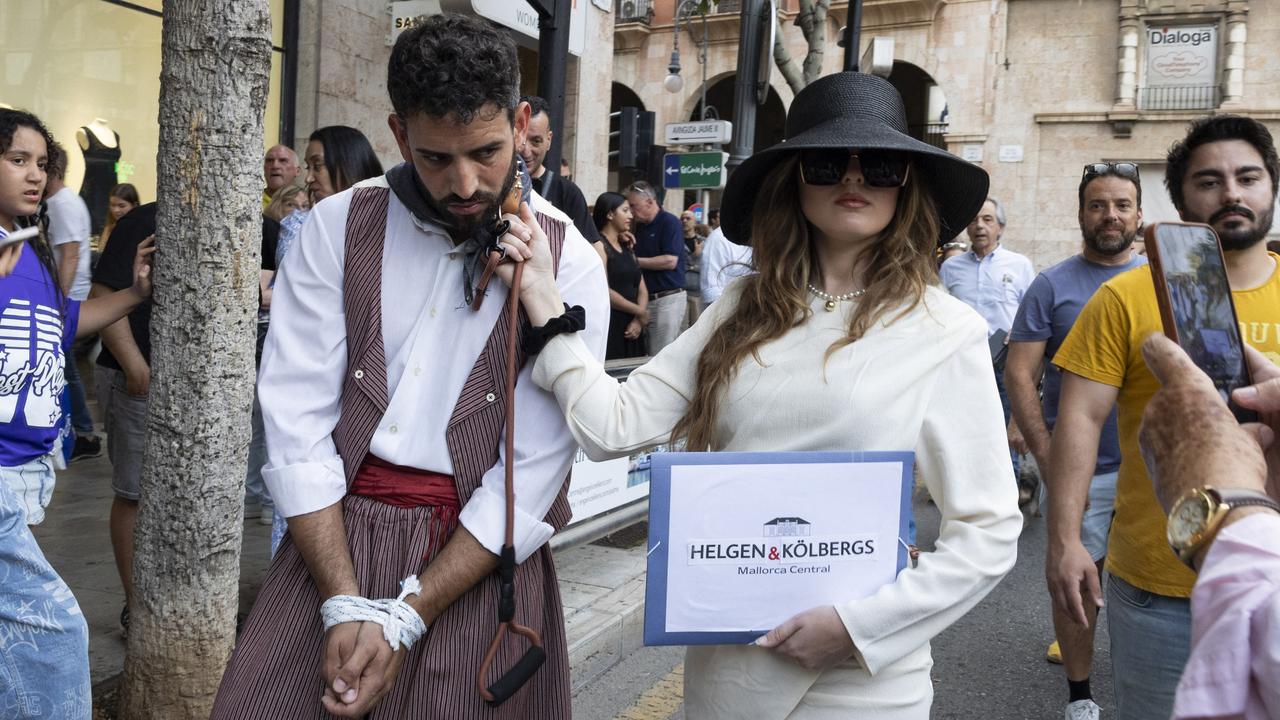
They highlighted noise, traffic, pollution, and rising house prices as primary concerns. In response, local authorities have implemented various restrictions, including alcohol sales limits and bans on street drinking.
Mallorca’s mayor plans to ban new tourist accommodations and limit cruise ship arrivals, while Ibiza is tightening rules on party boats.
A regional government committee is developing a “road map” for sustainable tourism solutions.
Joaquin Quintana, a Binibeca Vell resident, summed up the delicate balance: “We do want tourists to come … and enjoy the natural paradise we have here, but it’s important to find a balance.”
– With AFP




